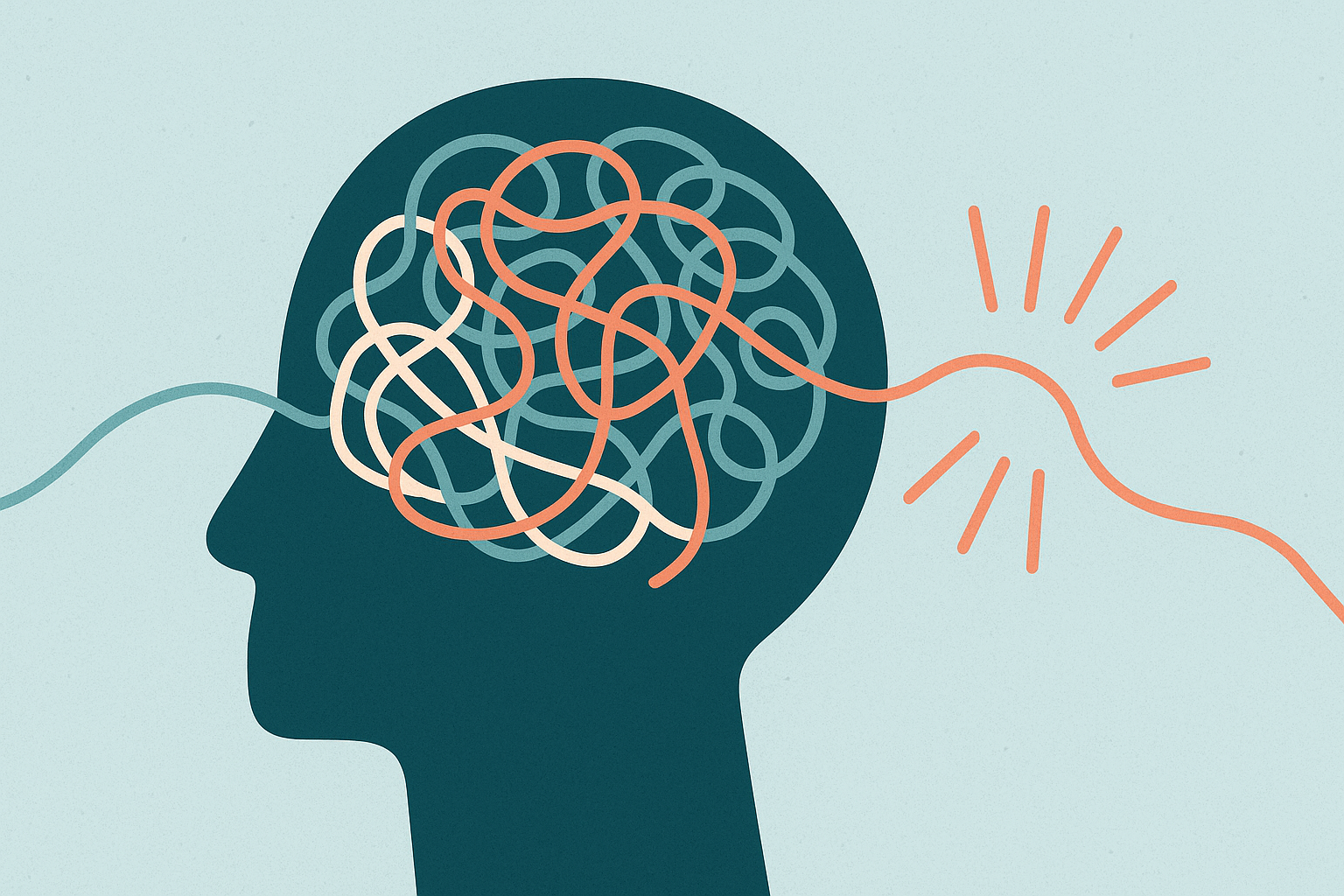The Hidden Meaning Behind 'Difficult' Behavior in Relationships
Explore how challenging behaviors often signal unmet emotional needs and how understanding this can transform your relationships.

Beyond the Surface: What Behavior Really Tells Us
When someone we care about behaves in ways we find challenging—withdrawing, lashing out, criticizing, or becoming defensive—our natural response is often frustration or hurt. We might think, "Why are they being so difficult?" or "Why can't they just communicate clearly?"
What if these behaviors aren't simply problems to fix or character flaws to overcome, but messages waiting to be understood?
At BetterLove, we've discovered a transformative truth: Behavior is an unmet emotional need.
The Great Misinterpretation
Most often, challenging behavior is a coping strategy to manage an unmet emotional need. It's an externalization of our automatic neuroception of an event or situation, informed by our early experiences.
When we mischaracterize someone's behavior—labeling them as "controlling," "needy," or "distant" rather than understanding the need behind their actions—we inadvertently create a form of invalidation. This is experienced as an injury to the trust of a relationship, activating the fight-flight system and creating a cycle of disconnection.
The Behavior Iceberg: What Lies Beneath
Think of behavior as an iceberg. What we see above the water—the actions and words—is just a small portion of what's really happening. Beneath the surface lies a complex world of:
- Emotions (fear, hurt, shame, loneliness)
- Unmet needs (safety, belonging, validation)
- Past experiences (attachment history, traumas, formative relationships)
- Contextual factors (stress, overwhelm, uncertainty)
When we focus only on the tip of the iceberg—the behavior itself—we miss the opportunity to address what's driving it.
Common Behaviors and What They Might Really Mean
While every person is unique, certain patterns of behavior often signal specific emotional needs:
- Criticism and complaints may signal a need for acknowledgment and value
- Withdrawal and silence often mask a fear of vulnerability or rejection
- Control and perfectionism frequently stem from underlying anxiety and a need for predictability
- People-pleasing commonly reflects a deep hunger for acceptance and belonging
- Anger and defensiveness typically protect against feelings of shame or inadequacy
By learning to look beyond the behavior to the need beneath it, we open the door to genuine understanding and connection.
The Transformative Question: "What's Really Happening Here?"
The most powerful question we can ask when faced with challenging behavior—whether from a partner, child, friend, or colleague—is not "Why are they acting this way?" but rather, "What might they be feeling? What need are they trying to meet?"
This shift in perspective is not about excusing harmful behavior but understanding it. When we understand the emotional need driving a behavior, we can address the root cause rather than merely reacting to the symptom.
From Reactive to Responsive: The First Step
The journey from reacting to behavior to creating belonging begins with self-awareness. Before we can respond effectively to others, we must first recognize our own reactions.
Ask yourself:
- What is my defensive armor? How do I protect myself when feeling vulnerable?
- Where did I learn these protection strategies?
- How does my nervous system response to stress impact my behavior?
- What happens within my relationships as a result?
This self-awareness creates the foundation for a new approach to relationship challenges.
The Great Act of Love: Redefining Behavior
It is a great act of love to redefine your loved ones' most challenging behaviors as indications of their greatest needs. Instead of characterizing the people we care about by their worst behavior, we can learn to see behavior as an expression of emotional need.
This perspective shift doesn't happen overnight. It requires practice, patience, and often, guidance. But the results can be transformative for every relationship in your life.
Building the Skills for Better Understanding
At BetterLove, we guide participants through developing three essential skills for moving from behavior to belonging:
- Self-awareness, self-regulation, and attunement - The foundation for responding to behavior effectively
- Deep listening - The practice of pausing to truly hear and understand
- Emotional literacy - The ability to identify and name the emotions beneath behavior
These skills don't just improve our relationships with others—they transform our relationship with ourselves, creating more self-compassion and inner peace.
Beyond Behavior: Creating True Belonging
Understanding the meaning behind behavior is just the beginning. The ultimate goal is creating environments of true belonging—spaces where people feel seen, heard, and valued for who they really are.
BetterLove is a movement to make people aware of a simple, actionable sequence that illuminates the neuro-pathway to love. Through our program, you'll create your own dynamic personal practice that transfers to all the people around you.
Every relationship can benefit from this understanding:
- Parents and children
- Romantic partners
- Colleagues and teammates
- Friends and family
- Community connections
When we learn to look beyond behavior to the emotional needs driving it, we open the door to deeper connection, greater compassion, and more authentic relationships.
Ready to transform how you understand behavior and create more meaningful connections? Explore our approach or discover our courses to begin your journey toward better understanding and deeper belonging.
Love Better. Live Better. BetterLove.




